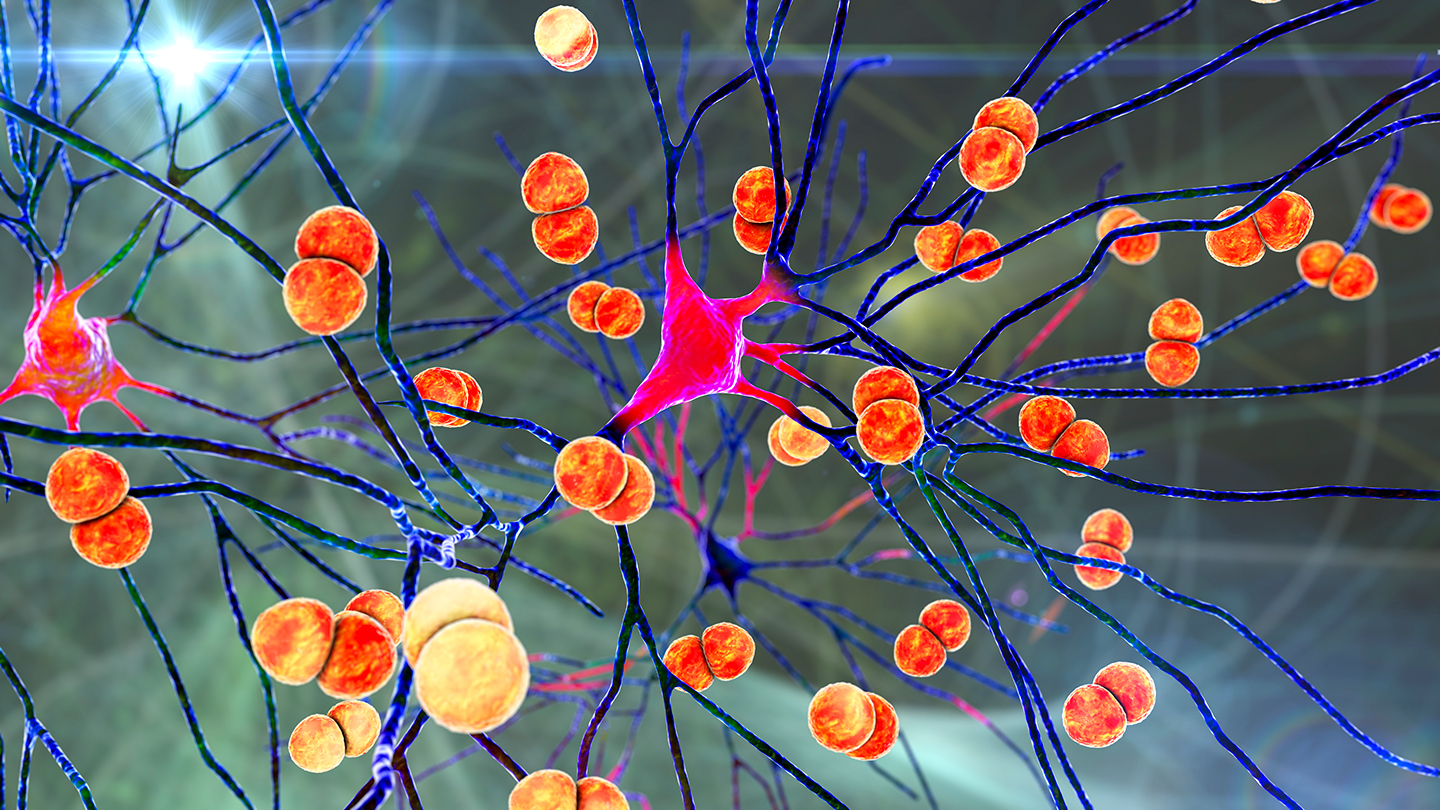The Mediterranean diet includes fresh produce, olive oil, nuts and seafood
Olena Mykhaylova RF / Alamy Stock Photo
People with multiple sclerosis who adhere to the Mediterranean diet are less likely to have issues with cognition. The finding suggests that the diet – which features fresh produce, seafood, nuts, olive oil and minimal red meat and sugar – may prevent or even treat cognitive symptoms related to the disease.
Multiple sclerosis is an autoimmune disorder that affects the brain and spinal cord. More than half of people with the condition experience impairments related to memory, attention span and processing speed.
Ilana Katz Sand at the Icahn School of Medicine at Mount Sinai in New York and her colleagues recruited 563 people with multiple sclerosis, all of whom were younger than 65 years old. Each participant completed a questionnaire determining how closely they followed the Mediterranean diet on a scale of 0 to 14, with higher scores reflecting better adherence. They also underwent three cognitive assessments. Scoring below the fifth percentile on at least two of the assessments indicated cognitive impairment.
After adjusting for age, sex, race, socioeconomic status, sleep, exercise and other health-related factors, the researchers found that adherence to the Mediterranean diet was associated with a lower risk of cognitive impairment. Nearly 34 per cent of the 133 participants who scored between 0 and 4 on the Mediterranean diet questionnaire had cognitive impairment. But for the 103 people who had a Mediterranean diet score higher than 9, just 13 per cent had cognitive impairment.
The findings, which will be presented at an April meeting of the American Academy of Neurology in Boston, suggests that the Mediterranean diet has a protective effect on cognition in people with multiple sclerosis, says Katz Sand.
While more research is needed to understand the mechanism, Katz Sand believes it could be related to the gut microbiome. “Diet has a big influence on the composition of bacteria that live in the gut and is also a big determinant of what those bacteria produce,” she says. For instance, previous studies have shown that molecules generated by gut bacteria reduce inflammation, and inflammation can exacerbate multiple sclerosis symptoms.
The findings also don’t elucidate how dietary changes may impact multiple sclerosis over time. “We can’t say based on this study that if you eat this way, your cognition is going to [get] better. But this is moving us in that direction,” says Katz Sand.
Sign up to our free Health Check newsletter for a round-up of all the health and fitness news you need to know, every Saturday
Topics:














